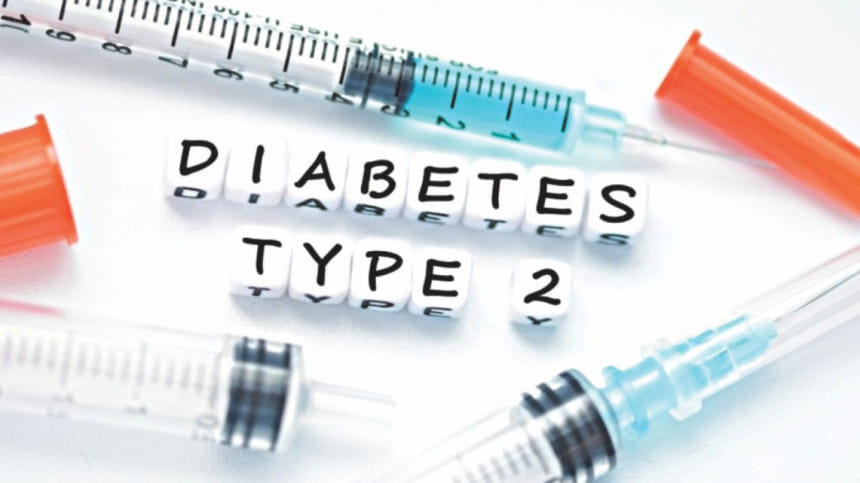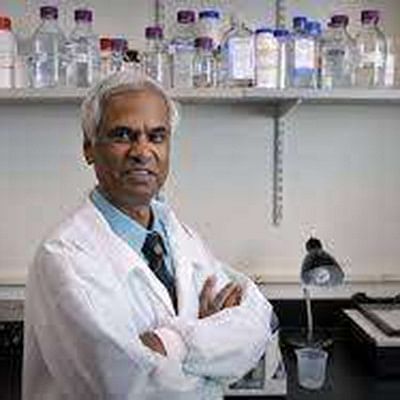Bangladeshi researchers on cusp of diabetes prevention

Bangladeshi researchers have come up with a test to identify people likely to develop type-2 diabetes in the future, bringing the possibility of prevention closer to reality.
Through a five-year study revealed in March this year, researchers at the Diabetic Association of Bangladesh (BADAS) have developed a kit to measure the deficiency of Intestinal Alkaline Phosphatase (IAP) -- the root cause behind type-2 diabetes.

"We have proven that eliminating diabetes from the world is quite possible by identifying people at risk of getting diabetes and undertaking preventive measures accordingly. Now we need support to take this invention to people's doorsteps," Madhu S Malo, the lead investigator in the study, told The Daily Star yesterday, on the eve of World Diabetes Day.
IAP levels lower than 65 units per gram of stool would mean there is a deficiency, which can lead to getting diabetes, according to the researchers.
On the contrary, an IAP level higher than 115 units would mean there are chances of protection from developing diabetes.
Along with Madhu, a total of 14 researchers -- 13 of them Bangladeshi and one American -- from multiple local and foreign universities, conducted the research by studying a cohort of 574 non-diabetic people aged between 30 and 60 from 2015 to 2020.
Currently, the Directorate General of Drug Administration (DGDA) is reviewing the approval application for the kit to measure IAP level, according to Madhu.
"If everything goes to plan, people will be able to measure their IAP at labs, to know if they are at risk of getting diabetes ... at a cost of Tk 500 per test," said Madhu, who is also a former faculty member at USA's Harvard Medical School and an adviser to the BADAS.
Diabetes, known as the "mother of all diseases," is becoming increasingly prevalent in Bangladesh. In 2021, the International Diabetes Federation estimated that 1.31 crore people were living with diabetes in the nation, and projected the number to almost double by 2025.
There is no cure for diabetes yet, according to experts.
"Diabetes can only be managed. So prevention is crucial, and we have made it a reality," Madhu said.
With such a high number of patients, Bangladesh loses more than Tk 1 lakh crore each year for diabetes management, he added.
"There are around 4.5 crore people aged between 30 and 60. If only TK 800 crore can be spent, all of them can be brought under screening and prevent diabetes," Madhu explained. "We have been in talks with the government high-ups for this and we are optimistic."
Madhu and his team have also developed a food supplement for those at risk of getting diabetes, which has been approved recently by the Bangladesh Medical and Research Council (BMRC) for trial on humans.
If the new food supplement is as effective when trialled on humans as it proved to be in mice, it will put an end to the sufferings of hundreds of thousands of type-2 diabetic patients across the globe, Madhu said.
Speaking about the invention, National Professor AK Azad, president of BADAS, earlier said, "We think this breakthrough study can greatly contribute to the prevention of diabetes worldwide."

 For all latest news, follow The Daily Star's Google News channel.
For all latest news, follow The Daily Star's Google News channel. 





Comments